In this, we will discuss the common eligibility requirements and provide an overview of the fee structures typically seen in Indian institutions offering this program. Additionally, they should explore scholarship opportunities and financial aid options to ease the financial burden of education.
Eligibility & Fees Structure: Diploma in Civil Engineering (Lateral Entry)
In India, a Diploma in Civil Engineering (Lateral Entry) is a specialized program designed for students who have already completed a related diploma or qualification and wish to enter the civil engineering field at an advanced stage. This lateral entry program allows students to join the second year of a three-year diploma program, focusing on advanced civil engineering subjects. Eligibility criteria and fee structures for such programs vary among institutions and states in India.
Eligibility Criteria: Eligibility criteria for a Diploma in Civil Engineering (Lateral Entry) in India may vary slightly from one institution to another. However, there are some common requirements that most institutions follow:
Educational Qualification: Candidates must have completed a relevant diploma or qualification. Typically, candidates should have a Diploma in Civil Engineering or a closely related field. Some institutions may also accept candidates with degrees in relevant disciplines.
Minimum Marks: Many institutions require candidates to have a minimum percentage of marks in their qualifying diploma. This percentage requirement can vary but is usually in the range of 45% to 60%. Institutions may relax this requirement for candidates from reserved categories like SC/ST.
Nationality: Candidates must be Indian citizens. Some institutions may admit foreign nationals under specific guidelines.
Age Limit: There is often no upper age limit for lateral entry diploma programs. However, candidates should check with the specific institution for any age-related criteria.
State Domicile: Some state-based institutions may have specific eligibility criteria related to domicile, meaning that candidates should be residents of that particular state to be eligible for admission.
Entrance Exam (if applicable): While not all institutions conduct entrance exams for lateral entry diploma programs, some may have an entrance test to assess candidates' knowledge and suitability for the program. Candidates must meet the cutoff scores in these exams to be eligible for admission.
Fee Structure: The fee structure for a Diploma in Civil Engineering (Lateral Entry) in India can vary significantly depending on the type of institution (government or private), its location, and its reputation. Additionally, they should explore scholarship opportunities and financial aid options to ease the financial burden of education. It's advisable to check the latest fee details and any updates directly with the institutions of interest, as fee structures may change over time. Here's a general overview of the fee structure:
Government Institutions: Government polytechnic colleges and institutions typically offer lower tuition fees compared to private colleges. The fee in government institutions is often highly subsidized for residents of the respective state. On average, the annual tuition fee in government institutions can range from INR 5,000 to INR 15,000 for Indian nationals. However, the fee may be higher for candidates from outside the state.
Private Institutions: Private polytechnic colleges and universities tend to have higher tuition fees. The fees can vary widely, depending on factors such as the institution's reputation, location, and facilities. On average, the annual tuition fee in private institutions can range from INR 20,000 to INR 1,00,000 or more.
Additional Costs: In addition to tuition fees, students may need to bear additional costs such as examination fees, laboratory fees, library fees, and the cost of textbooks and study materials. These costs can vary among institutions.
Scholarships and Financial Aid: Some institutions and government schemes offer scholarships and financial aid to eligible students, especially those from economically disadvantaged backgrounds or belonging to reserved categories. Students should inquire about scholarship opportunities at the time of admission.
Hostel and Accommodation Fees: If students choose to stay in hostels provided by the institution, they will incur additional accommodation and mess fees, which can vary based on the facilities and location.
Caution Deposit and Miscellaneous Fees: Institutions may require students to pay a caution deposit, which is refundable at the end of the course, and other miscellaneous fees for identity cards, uniforms, and extracurricular activities.
 2 Years
2 Years
 Diploma
Diploma
 Engineering
Engineering

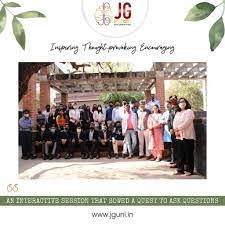

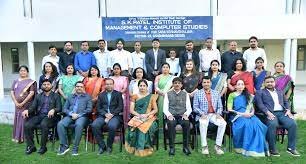

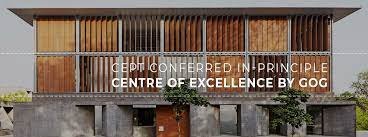
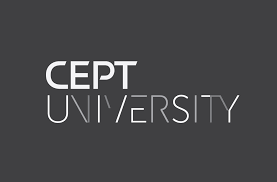
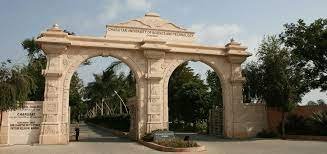

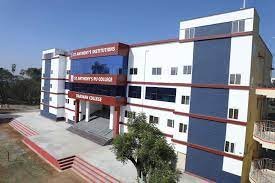




 back
back

